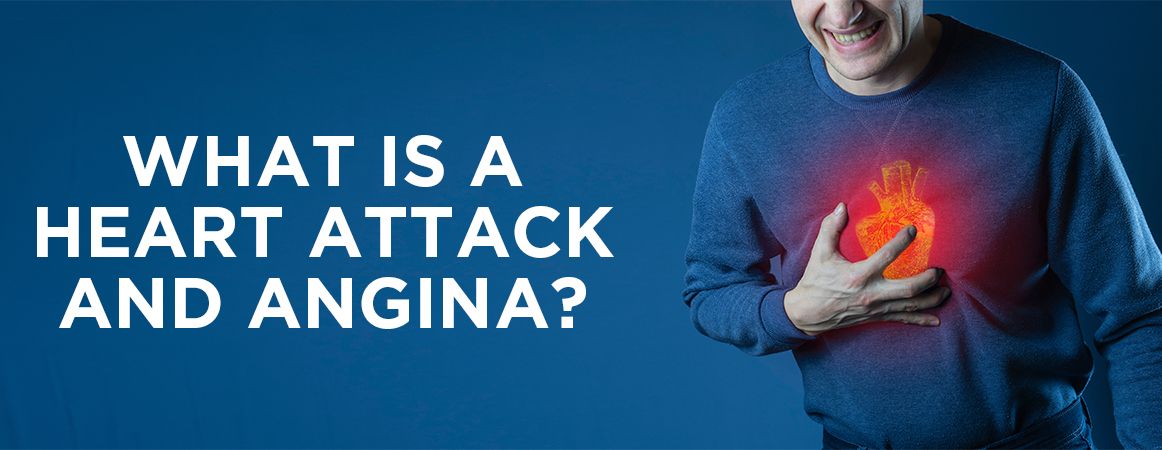WHAT IS A HEART ATTACK AND ANGINA? UNDERSTANDING THE DIFFERENCES AND SYMPTOMS
What is a Heart Attack?
Heart attack occurs when the blood flow to the heart is obstructed, often by a clot in an artery, causing insufficient oxygen supply. Without oxygen, the heart muscle can get damaged or even become life-threating.
What is Angina?
Angina refers to chest pain or discomfort that occurs when the heart is not receiving sufficient oxygen-rich blood. As a consequence, the heart may beat faster or pound harder to get more blood, causing a lot of pain. Angina itself is not a disease, it is more like a symptom or indication of heart disease.
Difference between Heart Attack and Angina
While Angina may feel similar to a heart attack, it is a term used for chest pain, whereas a heart attack is the damage caused to the heart due to insufficient blood supply. Both angina and a heart attack are interchangeable terms often used in similar situations, which is why it is easy to confuse them. Generally, these two terms are associated with chest pain and are a result of coronary artery disease.
In some scenarios, angina can be managed at home, such as in the case of predictable chest pain that does not change over time, a condition referred to as stable angina. However, treating angina at home should not be done without a cardiologist’s suggestion.
Although there are many cardio hospitals in Karachi, Memon Medical Hospital Institute has one of the top cardiologists in Karachi who possesses specialist training and knowledge in treating cardiac diseases.
Symptoms of Heart Attack and Angina
The symptoms of a heart attack can vary from person to person, with some experiencing mild symptoms while others experiencing severe symptoms, and some even having no symptoms at all. On a similar note, the symptoms of angina manifest during physical activity, emotional stress or exposure to cold temperatures. The common symptoms of heart attack and angina include:
- Pressure, aching, or burning sensation in the chest
- Pressure, aching or burning sensation in the jaw, neck, left shoulder, and down the arm
- Anxiety or uneasiness
- Cold sweat
- Fatigue
- Heartburn or indigestion
- Lightheadedness or sudden dizziness
- Nausea
- Shortness of breath
When the arteries are severely narrowed, angina may occur even when a person is resting, a condition referred as unstable angina. The discomfort associated with angina is not sharp and feels more like a sensation of pressure or squeezing. Typically, angina attacks last for a couple of minutes, and if triggered by physical activity, it fades away after a few minutes of rest. However, if the pain lasts more than 10 minutes, it could be a sign of a heart attack, and it is essential to visit a reputable cardiac hospital in Karachi when the symptoms become noticeable.
Diagnosis
Heart attack is typically diagnosed in an emergency situation, and immediate action is taken to treat the condition. Your doctor may ask about your medical history and symptoms. The diagnosis of a heart attack involves checking blood pressure, pulse, and temperature, as well as performing other tests to assess your heart’s function and overall health. As the heart is the most vital organ in the body, it is important to entrust its health to reliable hands. Memon Medical Institute Hospital is one of the most reputable cardiology hospitals in Karachi, prioritizing your health above all else.


